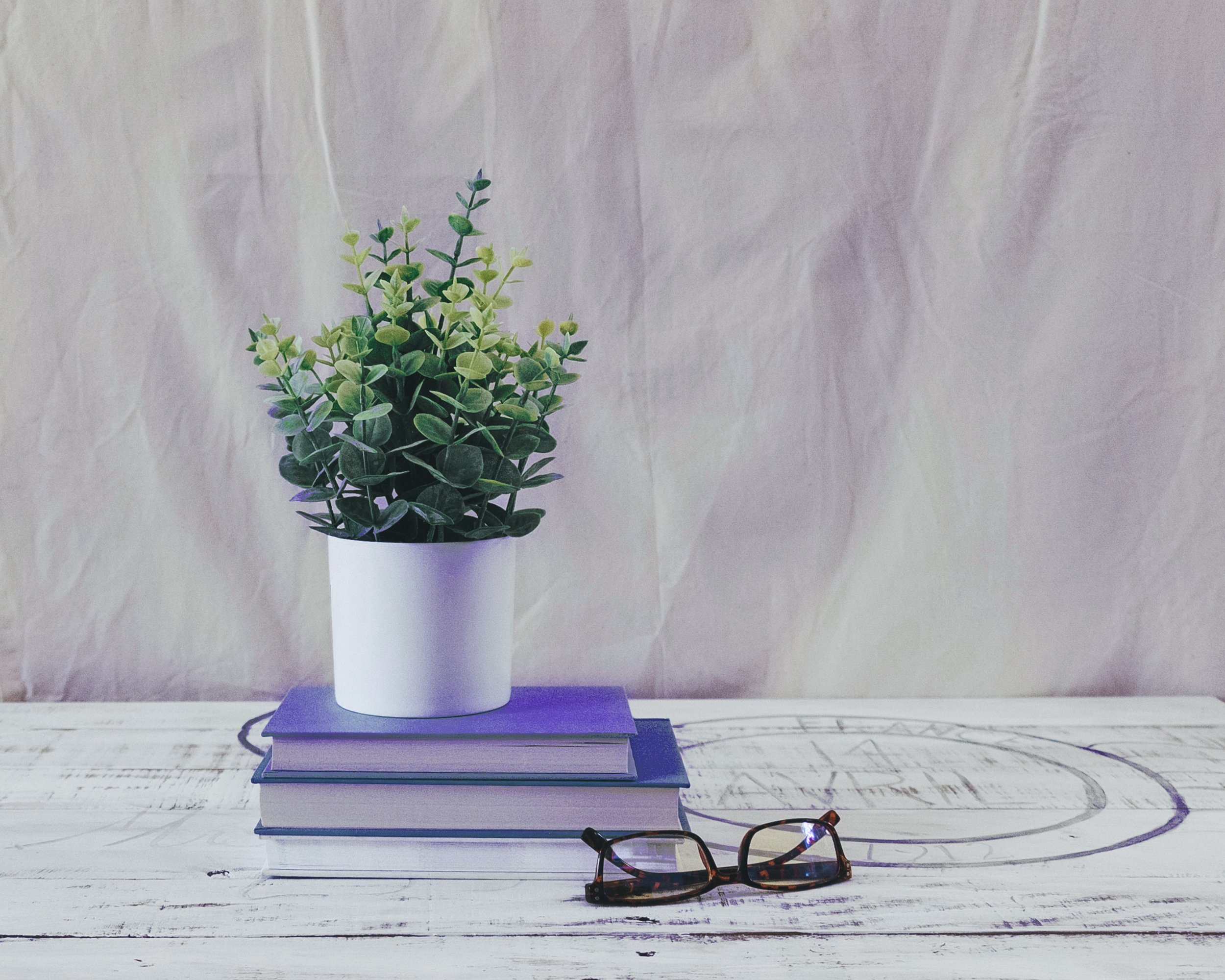How diversifying your skills and hobbies can boost creativity
Today's realities require us to think creatively. It’s not just a fashionable word but actually one of the most important skills of the 21st century. The fast pace of life forces us to make quick and profitable decisions as well as to show problem-solving mastery, which is directly related to our ability to invent — in other words, creativity. This quality is highly appreciated by employers and is also important for our daily lives. Is it possible to develop it and how, if so?
To answer this question, we must understand how creativity "works." According to science papers by Northwestern neuroscientist Mark Beeman and Drexel University cognitive psychologist John Kounios, the anterior cingulate cortex (ACC) is in charge of our creative ideas. Research shows that good mood is what makes ACC more effective and helps us think outside the box.
In short, well-being is necessary for creative activity. Scientists recommend exercising, having a good night's sleep, practicing gratitude, and doing creative hobbies to feel good. Speaking of the last tip, we must mention that multiple studies confirm the advantages of such an activity for health and well-being. Even 10–30 minutes of hobbies a day can significantly reduce stress, anxiety, and depression, and increase the production of so-called happy hormones. Also, creative practices reduce blood pressure, lower cortisol, boost immunity, and increase brain function.
Moreover, many studies note that creative hobbies are directly related to the growth of creativity. Adam Green, director of the Georgetown Laboratory for Relational Cognition, mentioned that we can "exercise" our creativity: "Creativity isn't made out of a magical fairy part of the brain. It's essentially using all the same tools that go into doing everything else, but applying those tools in creativity-specific ways." The idea of the research is that the more you use your brain to do something, the stronger the connections between the cells involved become and the better the outcome is. The creative process is no exception.
Robert Epstein, an American psychologist, notes that learning new things is necessary for creative skills. In 2019, a group of European scientists conducted an experiment during which it turned out that students who learned to play musical instruments over time began to show a higher level of creativity.
Summing up, if you do some creative things daily, you will become more creative—sounds absurd, but that’s it! So if you don't trust a volatile muse and want to take matters into your own hands, here is a list of some of the hobbies recognized as contributing to the development of non-standard thinking:
● Playing musical instruments
● Dancing
● Playing games
● Textiles, woodwork, and other crafts
● Painting
● Pottery
To choose a hobby, listen attentively to yourself. Perhaps there was an activity that you especially loved as a child? Or something you've always wanted to try but never did? Maybe you should invent a new type of hobby? Why not? Get creative!
Article by Victoria Kogan,
Unarthodox Element Blog Contributor



